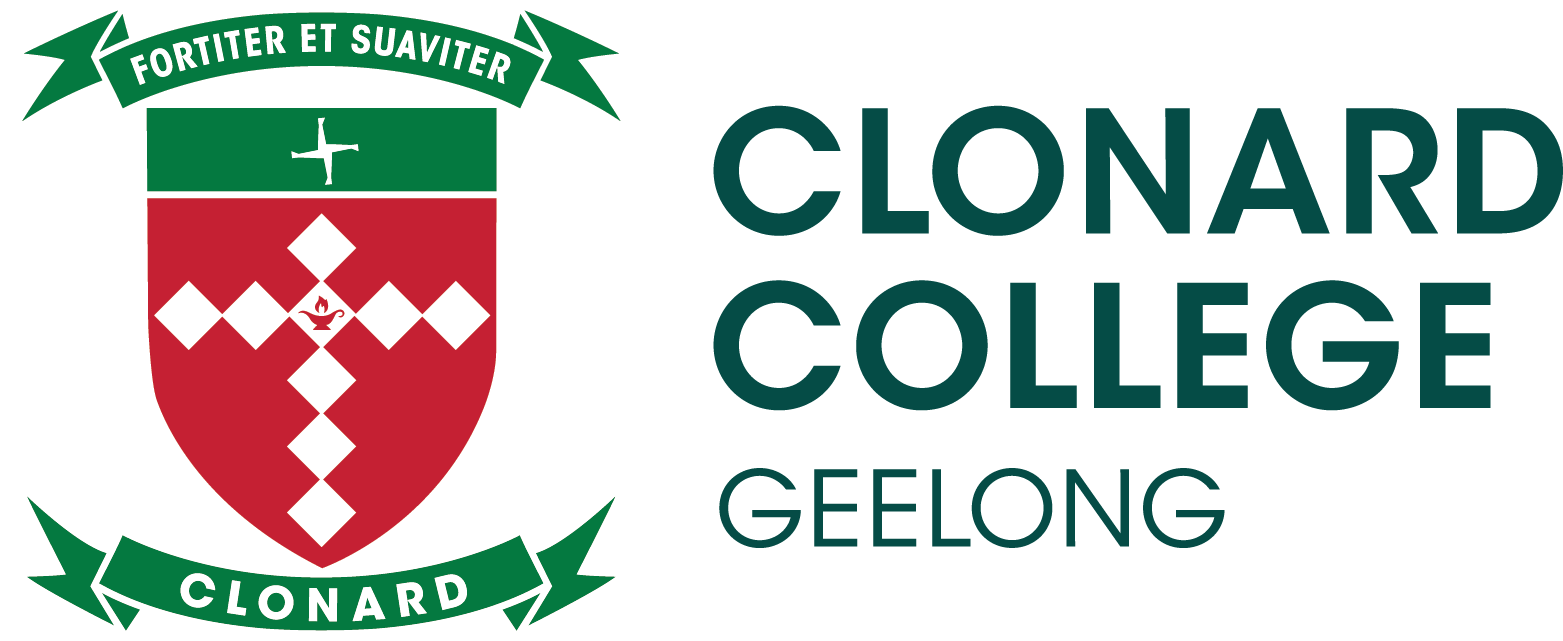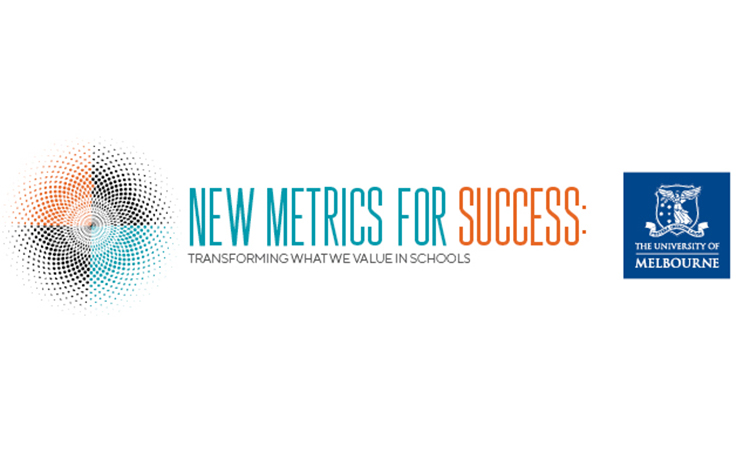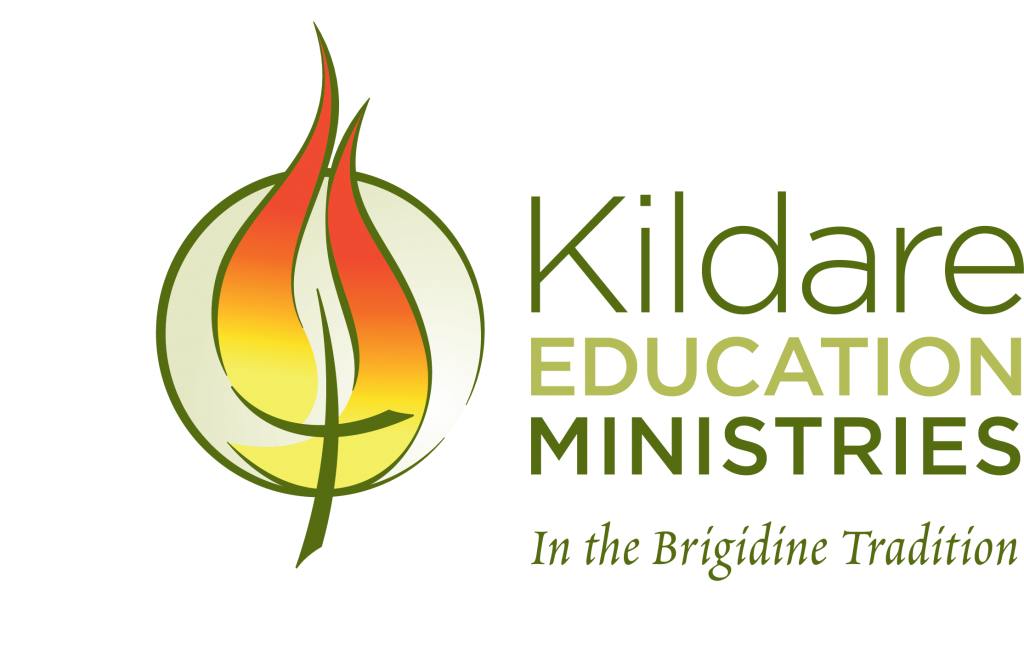- Posted on
- Editorial
Principal’s Blog
‘But who do you say that I am?’
Jesus asked this question of his disciples.
Questions are an opportunity to wonder.
How would you have answered this question as a child, as a young adult, how would you answer this question now?
Pondering this question is a moment of wonder.
Will it bring surprise, expectation, celebration, inspiration, unpredictability, participation, or mystery?
Joan Chittester writes that our answer to this question is often coloured by our experiences. She writes:
‘Who is this God really? Who is this God who we have fashioned out of the light of our needs and the hopes of our hearts? When we are vengeful, we tell tall tales of an angry God. When we are sick with our own sin, we find ourselves a God of mercy. When we are pressed down, face in the sand, we know what a God of justice is all about. Is this God? Or is God the measure of how deep our smallness goes, how great our parching thirst for love? Surely God is all of this. And more.’ (Called to Question, 2004)
Lent is a time to see beyond the smallness of our images of God and to embrace the wonder of a God that is beyond our human words, beyond our human experience. And so in our smallness, we pray
Lord, come beside me, walk with me through Lent this year.
Come beside me, let me feel your presence, hear your voice.
Open the places I have not yet let your love to enter.
Open the eyes of my heart to see you
In those with whom I live and work and walk.
Remain with us, remind us, instill within us
The quiet confidence of hope in
The joy of your Resurrection.
The Brigidine tradition has always celebrated all that is good with joy and gratitude. This week there was great joy seeing our Year 7s participate in the annual camp to Lake Dewar. I heard wonderful stories of new friendships formed and challenges being overcome. I joined the gorge walk and flying fox group on Tuesday morning. As I listened to the students’ problem solve, share stories with new friends and revel in overcoming their fears of the flying fox I wondered at the learning they were doing.
Next week four of our staff will spend time with the New Metrics partnership that is challenging us to think about new ways of capturing the richness of learning beyond academic subjects. I asked Natalie Stephenson (School Improvement Leader: Learning) and Jo Ryan (Assistant Principal: Learning and Teaching) to share some insights with our community about this project.
At the conclusion of a student’s secondary school journey, the ATAR has become the dominant measure of student success at the scored VCE. At times the pursuit of the ATAR has come at great cost to young people. Some have abandoned their interests, pushed aside extra-curricular activities and opportunities for paid employment to focus on achieving a rank. The ATAR compels young people to compete for a ranked position based on a narrow curriculum focus and high stakes examinations. This satisfies the requirements of the universities but does not represent the full range of capabilities young people have developed over their time in school and does not represent students who have chosen to undertake a VCAL or non-scored VCE pathway.
Schools have, for some time, recognised the importance of what are called 21st Century Skills but to date have struggled to adequately measure and assess them in a way that is robust, fair and meaningful for students, families, potential employers and tertiary educational institutions. Recently a short set of questions was sent home to you, asking for your input as a pre-cursor to our partnership with the University of Melbourne ‘New Metrics Partnership’ which seeks to measure that which we have not measured before – those 21st Century Skills for life and life-long learning such as:
- the ability to collaborate
- empathy for others
- willingness to be of service
- to think creatively
- to think critically
- communication
- leadership
- setting and achieving goals
- resilience
These are the skills that you, in your survey results, wanted most for your daughter. These are certainly dispositions to be proud of and as educators, we recognise the importance of these in our students. Furthermore, we want these skills formally recognised. While the ATAR has long been accepted as a fair measurement of a student’s academic achievement in their final year of schooling, it fails to begin to measure the achievements most parents who were surveyed in the recent New Metrics said they valued the most. These were also the skills they saw as indicators of a thriving student. In short, there is a misalignment between what we collectively value as the products of education and what we actually measure. We do not measure these skills we know are vital for all our graduates to develop.
At Clonard we, along with many other schools, recognise this misalignment as have researchers at the University of Melbourne’s, Graduate School of Education. They are partnering with us and 37 other ‘first mover’ schools across the state to engage in research to influence change at a school and at a system level. As a collective, we will work together to explore what is possible in the world of new metrics – new measurements – ways to measure the values and skills we, as a community of learners, identify as essential for life and life-long learning alongside or in addition to measuring academic excellence.
As a College our Living Justice, Living Peace and our Learning Charter all speak of educating the whole person, developing their full range of skills not just academic achievements. To this end, we are called to be part of a movement toward more holistic education and measurement of those skills that, to this time, remain without such rigorous evaluation and recognition. We are committed to being in the front line of research into practice to trial and build approaches to better credential and recognise learner strengths and success that goes beyond a number or subject score.
We cannot predict the future but we do know what every young person will need to know and be able to do into the future – move in agile ways between career roles, adapt, be resilient and learn, always, long after they finish Year 12. We look forward to continuing to share with you our learning and developments in this area as our partnership in New Metrics with the University of Melbourne progresses.
I am grateful for the leadership, wisdom and insights that Nat, Jo and Tania Anticev have already brought to this project.
Blessings,
Luci



